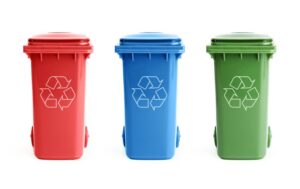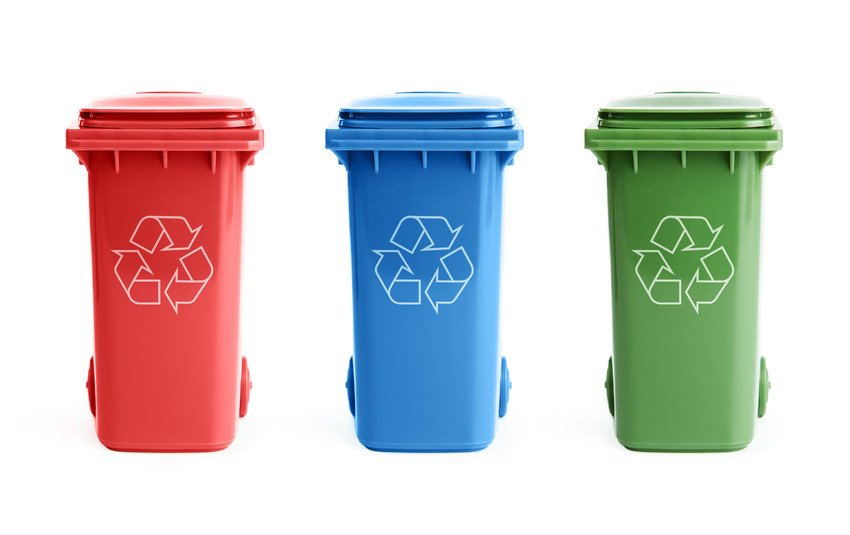Simpler Recycling for Business & Industry
Under new rules, businesses and non-household premises from March 2025 must segregate the following recyclable materials from their general waste:
- Plastic
- Glass
- Metals (including cans, tins and foil)
- Cartons & tetrapaks
- Paper and cardboard
- Food waste
Businesses must implement recycling systems that allow these materials to be segregated, ensuring that they can be recycled efficiently. By 31st March 2027, businesses will also need to separate recyclable plastic films.
Collection Systems
In most cases plastic, glass, metals, cartons, and paper can be collected together in a Dry Mixed Recycling (DMR) container. However, food waste must always be kept separate from other recycling and general waste. Red Kite Recycling will provide the appropriate segregation to your facilities as glass is not accepted into DMR bins universally.

Compliance for Small Businesses
Businesses and other non-household premises with fewer than 10 employees will have until 31st March 2027 to comply with the new recycling requirements. However, this remains subject to final legislative confirmation. Even for small businesses, the separation of plastic films will be required by this deadline.
What Does This Mean for Businesses?
The Simpler Recycling regulations require businesses to adjust their waste management processes to meet these new standards. This shift is designed to ensure that valuable resources are kept in use longer, reducing the amount of waste sent to landfills or incinerators. Biodegradable and compostable packaging materials will not be collected as part of these recycling streams and should be treated as general waste unless alternative solutions are found.
Key Dates to Remember
Red Kite Recycling provides recycling and waste management to companies with multiple sites and multiple waste streams, where there is complexity within their waste streams and we help return resources to industry. To see how we can help your business call us.
Telephone : 0333 8803358
Enquiries@RedKiteRecycling.com










